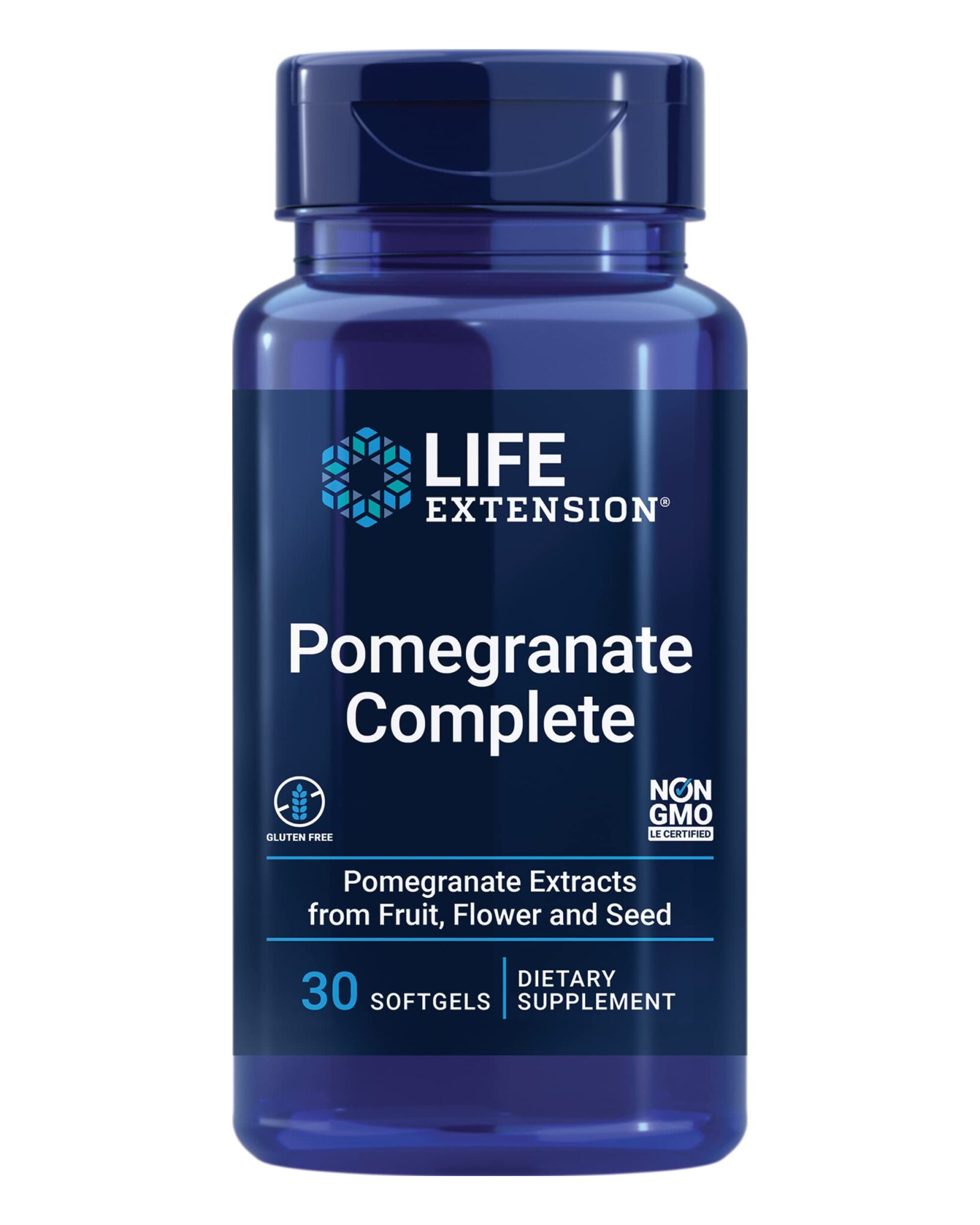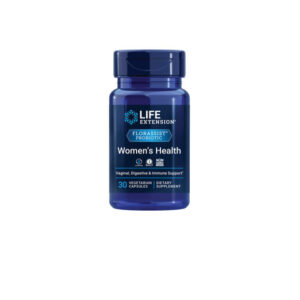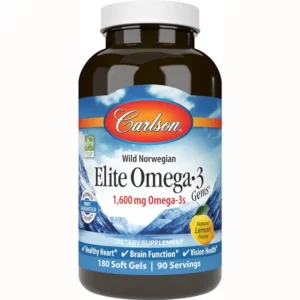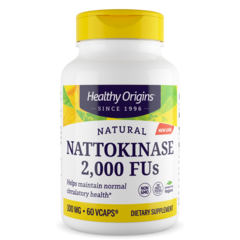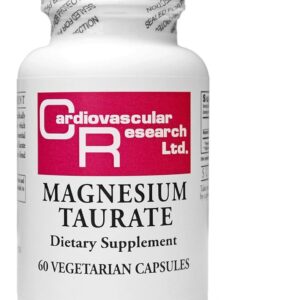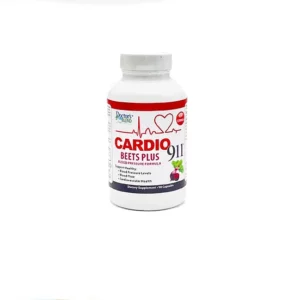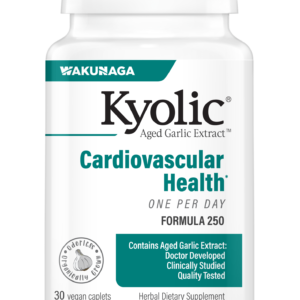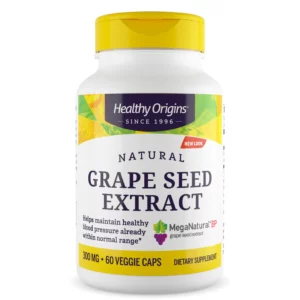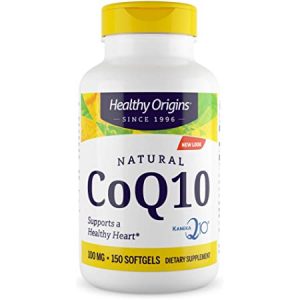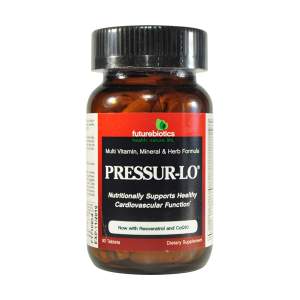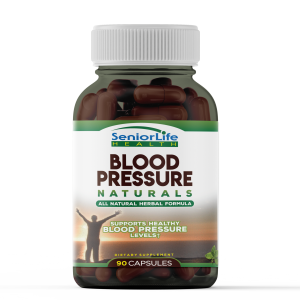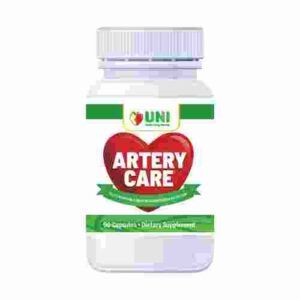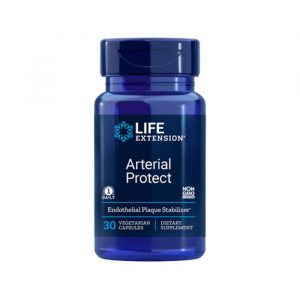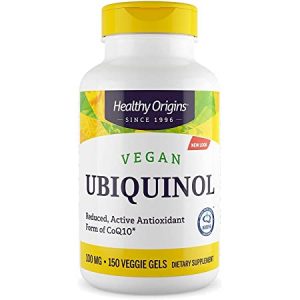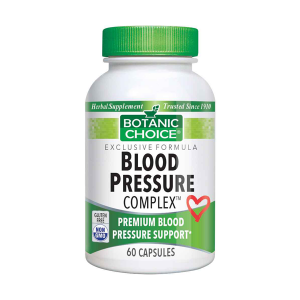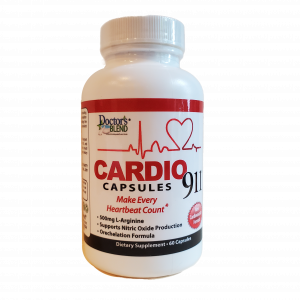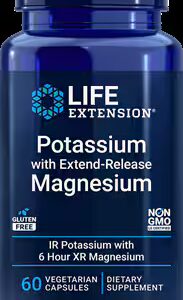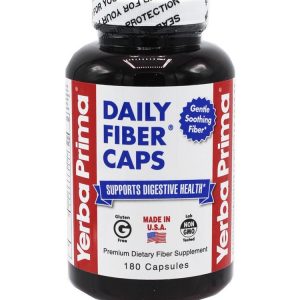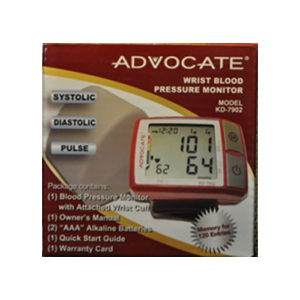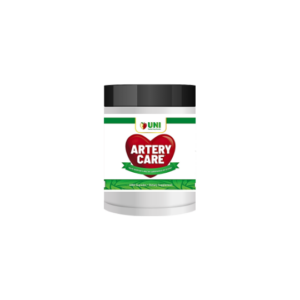Pomegranate Complete
$18.00
Pomegranate Complete, 30 softgels, 1 daily. Combines pomegranate fruit extract, pomegranate flower extract, and pomegranate seed oil. Potentially supports cardiovascular health, healthy cholesterol levels, and healthy blood pressure.
Additional Information
In the ongoing quest to find new supplements to help us lead longer, healthier lives, science often returns to things that have been used regularly for thousands of years. A case in point is the pomegranate, whose yellowish-pink, seedy fruit has been a staple of Asian diets since ancient times. Appropriately, in ancient Greek myth, the pomegranate represents life and regeneration.1 Its herbal use dates back more than 3,000 years, but contemporary science has rediscovered the pomegranate’s effectiveness in preventing a variety of potentially deadly diseases.2 Dozens of recent studies reveal the pomegranate’s surprising array of benefits. Pomegranates contain powerful antioxidants that appear to inhibit the onset of atherosclerosis, reduce the risk of heart disease, and mediate high blood pressure. Pomegranate extract also has demonstrated anticarcinogenic properties that are effective in suppressing a variety of cancers, including skin, breast, and colon cancers. The pomegranate has even shown effectiveness in alleviating depression in a mouse model of menopause. The pomegranate (Punica granatum) is a hardy, long-lived subtropical shrub originating in semi-arid regions of Asia.3 It has been cultivated and naturalized over the whole of the Mediterranean region since ancient times. Pomegranates are mentioned in Egyptian papyrus scrolls dating back to 1550 BC, and pomegranate branches form part of the decorative motif on the pillars of King Solomon’s temple. Spanish settlers introduced pomegranates to California in 1769.4 In the US today, they are typically cultivated in the drier parts of California and Arizona. Reining in Free RadicalsFree radicals—the oxygen-reactive byproducts of normal cellular metabolism that attack healthy cells—have been implicated in the acceleration of the body’s natural aging processes. Free radicals can also be formed by external environmental factors such as cigarette smoke and other forms of air pollution.5 Damage by unchecked free-radical compounds can manifest as serious illnesses; for example, cancer is now known to be associated with free-radical damage to healthy cellular DNA. More than a decade ago, pomegranate peel extracts were shown to possess significant antioxidant activity in various in-vitro models.6 An extract of pomegranate peel was fed to rats, which were then exposed to carbon tetrachloride, a toxic chemical. The pretreatment with pomegranate extract protected levels of the antioxidant enzymes catalase, peroxidase, and superoxide dismutase in the rats. The pomegranate extract also helped to protect the rats’ livers from the toxic effects of carbon tetrachloride.6
Another more recent study focused on the antioxidant effectiveness of plant pigments called bioflavonoids, commonly found in berries, cherries, grapes, and citrus. Pomegranate juice was found to exhibit three times more antioxidant activity than red wine or green tea.7 The active constituent that appears to be responsible is ellagic acid, a naturally occurring polyphenolic compound in pomegranates. Unclogging ArteriesNumerous studies of atherosclerosis suggest that the disease is at least partly caused by free-radical reactions involving diet-derived lipids that induce harmful changes in the arterial walls.8 A recent study by the Lipid Research Laboratory in Haifa, Israel, explored dietary supplementation with polyphenolic antioxidants in animals. The researchers noted that pomegranate juice was associated with the inhibition of low-density lipoprotein (LDL) oxidation and with slowing the development of atherosclerosis.9 The Israeli researchers further ascertained the effects of pomegranate juice consumption by atherosclerotic patients with carotid artery stenosis (a narrowing of the carotid artery walls). Ten patients supplemented with the juice for one year. In the pomegranate-supplemented group, carotid intima-media thickness, an indicator of atherosclerosis progression, was reduced by up to 30%. By contrast, in a control group that did not consume pomegranate juice, carotid intima-media thickness increased by 9% over 12 months. Moreover, in the pomegranate-supplemented patients, serum LDL levels were also significantly reduced while serum total antioxidant status increased by 130% after one year.9
Reducing HypertensionHypertension (high blood pressure) affects an estimated 50 million Americans and augments the risk for stroke, heart disease, peripheral vascular disease, and kidney disease. Pomegranates may be of benefit in modulating this often silent yet potentially lethal risk factor for heart disease. In the Israeli study, systolic blood pressure was reduced by 21% after one year of pomegranate juice consumption.9 This effect is believed to be related to the particularly potent antioxidant properties of pomegranate polyphenols. A similar study at the same research facility examined consumption of pomegranate juice to ascertain its effectiveness in lowering blood pressure. Researchers studied the effect on hypertensive patients of daily consumption of 50 ml of pomegranate juice. After two weeks, a 5% reduction in systolic blood pressure was noted, along with a 36% decrease in serum angiotensin converting enzyme (ACE) activity.10 Reduc-tion in serum ACE activity has previously been shown to attenuate atherosclerosis, independent of its effects on blood pressure. The study authors concluded, “Pomegranate juice can offer wide protection against cardiovascular diseases, which could be related to its inhibitory effect on oxidative stress and on serum ACE activity.” Improving Lipid ProfilesA recent Iranian study examined the effects of concentrated pomegranate juice on lipid profiles of type II diabetes patients with elevated blood lipids, or hyperlipidemia. The patients supplemented with pomegranate juice for eight weeks. The study participants saw significant reductions in their total cholesterol, LDL, LDL:HDL (high-density lipoprotein) ratio, and total cholesterol:HDL ratio. Serum HDL and triglycerides did not change significantly. The study authors concluded that consumption of concentrated pomegranate extract may modify heart-disease risk factors in patients with high cholesterol.11 Further research is needed to determine whether pomegranate helps lower blood lipid levels in non-diabetic individuals.
Anti-Tumor-Promoting EffectsIn recent years, chemoprevention has received as much attention as chemotherapy in the fight against cancer. The search for new ways to stop cancer before its onset has led investigators to examine a wide variety of natural agents. A recent study at the University of Wisconsin argues that agents capable of intervening at more than one critical pathway in the process of carcinogenesis “will have greater advantage over other single-target agents.”12 The Wisconsin researchers found that pomegranate fruit extract possesses strong antioxidant and anti-inflammatory properties. The extract was evaluated for anti-tumor-promoting effects, specifically involving topical application against skin tumors. The researchers concluded that animals pretreated with pomegranate fruit extract showed 70% less tumor incidence compared to animals that did not receive it. The study authors believe that their results provide “clear evidence that [pomegranate fruit extract] possesses anti-skin-tumor-promoting effects,” and may possess chemopreventive activity “in a wide range of tumor models.”12 These findings support the promising results of a pair of 2003 studies in South Dakota and Japan that explored pomegranate seed oil as a safe and effective agent against skin cancer and colon cancer tumors, respectively.13,14 In a 2002 study, pomegranate seed oil inhibited the proliferation of human breast cancer cells up to 90%, while fermented pomegranate juice polyphenols inhibited 47% of cancerous lesion formation in mammary gland cells from mice.15 Ellagic acid, a polyphenol derived from pomegranate, has been identified to have potent antioxidant, anti-cancer, and anti-atherosclerotic properties.16
No Known ToxicityA variety of recent studies have demonstrated that pomegranate, in various forms, can be included as part of a healthy lifestyle with no risk of toxic reactions. A Cuban study, for example, found that two doses of pomegranate extract (0.4 and 1.2 mg per kilogram of body weight, respectively) given to rats produced no toxic effects in terms of food intake, weight gain, or behavioral or biochemical factors.17 Another study took these results further, examining still higher doses of pomegranate extract administered orally to rats for 37 days.18 No significant differences in toxicity were found in the treated rats in any of the blood parameters analyzed, a finding corroborated by analyses of both the liver and kidney. Until recently, adding the benefits of pomegranate to the diet has presented something of a challenge. The fruit itself is messy and rather difficult to prepare due to its large number of seeds. Prepackaged pomegranate juice, either pure or in concentrate, remains relatively scarce in Western supermarkets and health food stores. Encapsulated or powdered forms of pomegranate extract are becoming much more widely available, making it easier to control the daily dosage. Most packaging lists the ellagic acid content by percentage. The good news for members of the Life Extension Foundation is that a standardized pomegranate extract containing 32% ellagic acid has just been added to the popular Life Extension Mix formula.
ConclusionThe pomegranate, an ancient fruit whose regenerative properties have been celebrated for thousands of years, has come under growing scrutiny by medical researchers seeking natural agents for the prevention and treatment of degenerative diseases. In numerous recent experiments, pomegranates have been shown to contain powerful antioxidant compounds that scientists believe may inhibit atherosclerosis, cut the risk of heart disease, and help to modulate high blood pressure. Pomegranate extract also has demonstrated anticarcinogenic properties that appear to suppress skin, breast, colon, and other cancers. These varied and very promising disease-promoting effects are likely to make the pomegranate the focus of modern medical research for some time to come. |
||||||
| References | ||||||
| 1. New Larousse Encyclopedia of Mythology. London: Hamly; 1983.
2. Brown D. Encyclopedia of Herbs and Their Uses. London: Dorling Kindersley; 1995. 3. Morton J. Fruits of warm climates. Creative Resource Systems, Inc.; 1987:352-5. 4. Butterfield HM. A history of subtropical fruits and nuts in California. University of California, Agricultural Experiment Station. 1963. 5. Langseth L. Oxidants, antioxidants and disease prevention. International Life Science Institute, Belgium; 1996. 6. Chidambara Murthy KN, Jayaprakasha GK, Singh RP. Studies on antioxidant activity of pomegranate (Punica granatum) peel extract using in vivo models. J Agric Food Chem. 2002 Aug 14;50(17):4791-5. 7. Gil MI, Tomas-Barberan FA, Hess-Pierce B, Holcroft DM, Kader AA. Antioxidant activitiy of pomegranate juice and its relationship with phenolic composition and processing. J Agric Food Chem. 2000 Oct;48(10):4581-9. 8. Harman D. Role of free radicals in aging and disease. Ann NY Acad Sci. 1992 Dec 26; 673:126-41. 9. Aviram M, Rosenblat M, Gaitini D, et al. Pomegranate juice consumption for 3 years by patients with carotid artery stenosis reduces common carotid intima-media thickness, blood pressure and LDL oxidation. Clin Nutr. 2004 Jun;23(3):423-33. 10. Aviram M, Dornfeld L. Pomegranate juice consumption inhibits serum angiotensin converting enzyme activity and reduces systolic blood pressure. Atherosclerosis. 2001 Sep;158(1):195-8. 11. Esmaillzadeh A, Tahbaz F, Gaieni I, Alavi- Majd H, Azadbakht L. Concentrated pomegranate juice improves lipid profiles in diabetic patients with hyperlipi- demia. J Med Food. 2004 Fall;7(3):305-8. 12. Afaq F, Saleem M, Krueger CG, Reed JD, Mukhtar H. Anthocyanin-and hydrolyzable tannin-rich pomegranate fruit extract modulates MAPK and NF-kappaB path- ways and inhibits skin tumorigenesis in CD-1 mice. Int J Cancer. 2004 Sep 28. 13. Hora JJ, Maydew ER, Lansky EP, Dwivedi C. Chemopreventive effects of pomegranate seed oil on skin tumor development in CD1 mice. J Med Food. 2003 Fall;6(3):157- 61. 14. Kohno H, Suzuki R, Yasui Y, Hosokawa M, Miyashita K, Tanaka T. Pomegranate seed oil rich in conjugated linolenic acid suppresses chemically induced colon carcinogenesis in rats. Cancer Sci. 2004 Jun;95(6):481-6. 15. Kim ND, Mehta R, Yu W, et al. Chemopreventive and adjuvant therapeutic potential of pomegranate (Punica granatum) for human breast cancer. Breast Cancer Res Treat. 2002 Feb;71(3):203-17. 16. Seeram NP, Lee R, Heber D. Bioavailability of ellagic acid in human plasma after consumption of ellagitannins from pomegranate (Punica granatum L.) juice. Clin Chim Acta. 2004 Oct;348(1- 2):63-8. 17. Vidal A, Fallarero A, Pena BR, Medina ME et al. Studies on the toxicity of Punica granatum L. (Punicaceae) whole fruit extracts. J Ethnopharmacol. 2003 Dec;89(2-3):295-300. 18. Cerda B, Ceron JJ, Tomas-Barberan FA, Espin JC. Repeated oral administration of high doses of the pomegranate ellagitannin punicalagin to rats for 37 days is not toxic. J Agric Food Chem. 2003 May |
You may also like…
Disclaimer: The information on this site is for informational purposes only. These statements have not been evaluated by the Food and Drug Administration. These products are not intended to diagnose, treat, cure or prevent any disease.

